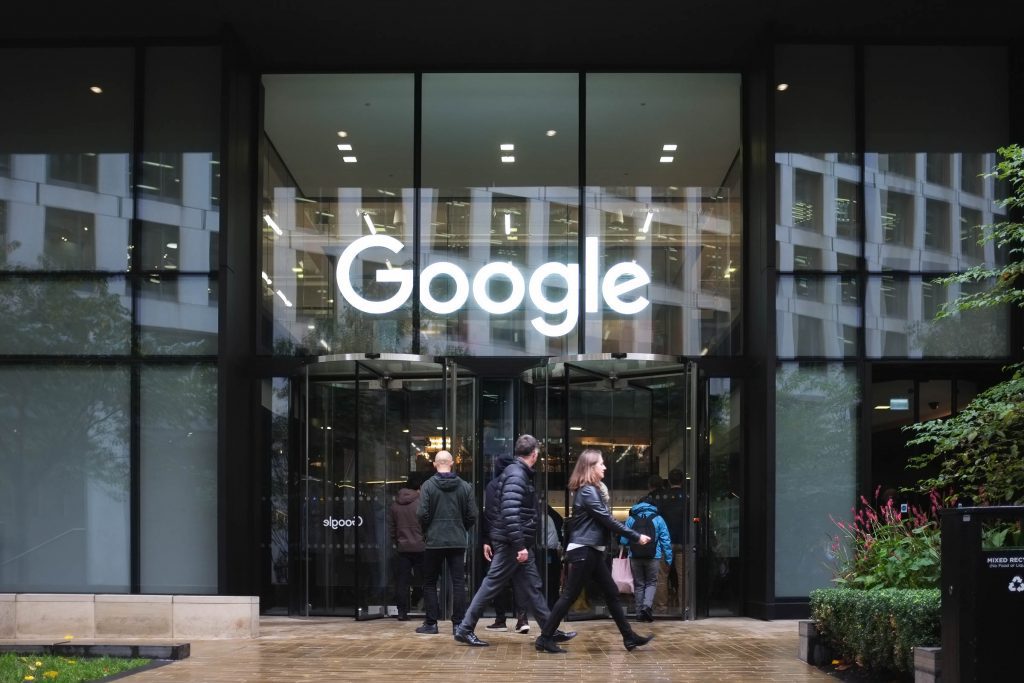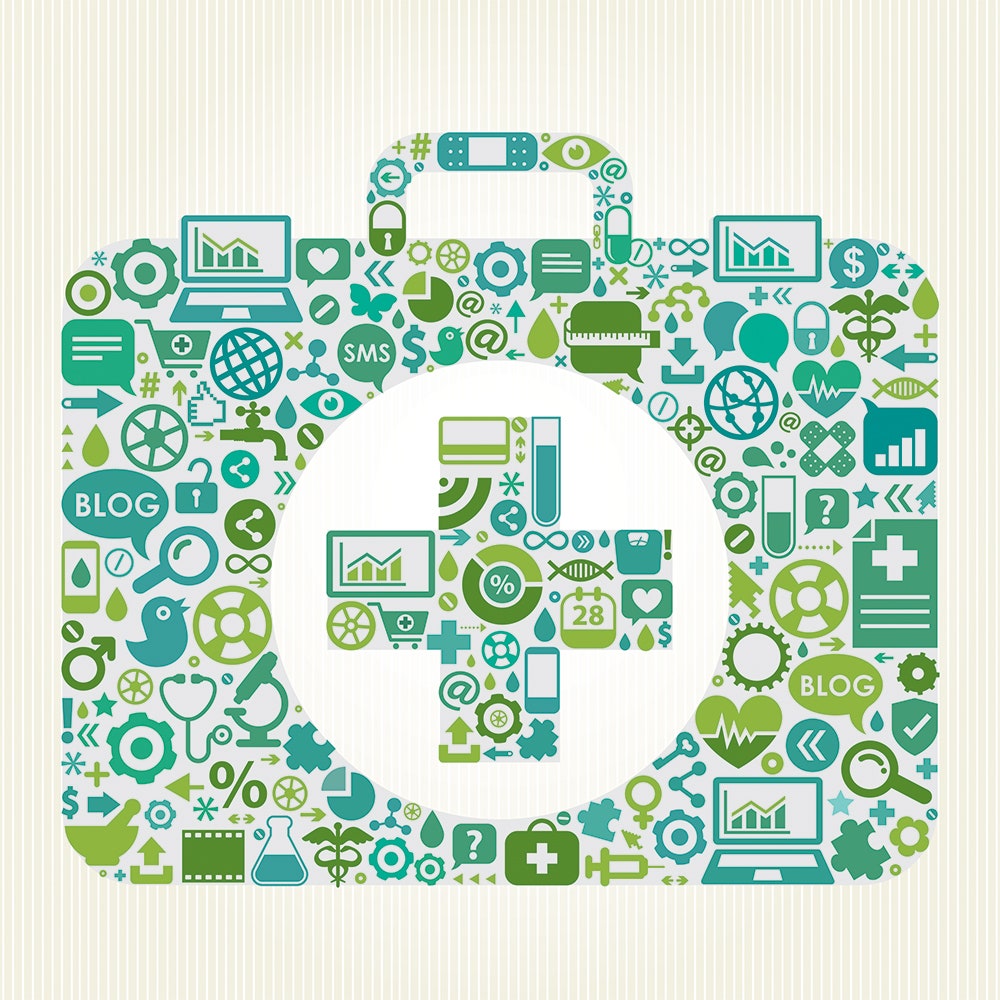Big data. These two simple words seem to have become buzz words in the past couple of years, with people throwing the terms out there for all kinds of reasons. And while you may understand the basics of big data, often there is a disconnect in how it affects you on an individual level. All too often, people assume it’s the kind of information that is only used by big corporations and businesses to make huge decisions. While that is certainly one way it’s used, in reality, big data affects everyone.
So, before you cross off big data as something that doesn’t affect you in your everyday life, here’s a look at five ways it does indeed affect everyone. Some of these may be a bit of surprise and leave you with new respect for big data.
Medical Services and Healthcare – One of the Biggest Factors

Thanks to the COVID-19 pandemic that affected the country and the world throughout 2020 and into this year, there has never been more emphasis on the need for effective healthcare and medical services.
While there are all kind of indicators and factors that affect healthcare and medical services, big data plays an absolutely massive role both from the provider and patient’s point of view. Specifically big data is used to track patterns, to predict transmission of a disease and epidemics, to track and then improve a patient’s outcome, to track and then maintain the personal health records of all patients, finding potential cures to various illnesses and diseases as well as treatments, and even where privacy and security is concerned.
Another sign that big data is playing a huge role in this industry is the move towards digital records. This is something that has been on-going for years, and is helping to improve patient care since records can be accessed by a variety of healthcare providers.
It has also become more common that patients themselves can access their own healthcare records, results, and information so they can feel more in control of their health. It makes it much easier to be your own healthcare advocate if you know what you’re dealing with and talking about.
Medical Devices – Giving People Insight on their Personal Health

While this one relates to medical services and healthcare, thanks to the sheer popularity of these wearable tracking devices, it is worthy of its own shout-out. Fitness trackers have become increasingly popular across all age groups – ranging from kids to seniors. These trackers can monitor heart rate, calories burned, steps taken in a day, your sleep patterns, and more. Not only that but depending on the tracker, you’ll have access to more in-depth data to identify your own personal trends and patterns.
People are now using that data to make adjustments and changes in their lifestyle in order to better their health. For example, maybe you set a step goal each day, a calorie burned goal, or even a sleep goal. And some of these trackers even make it possible to share your information with your doctor, giving them more insight into your personal well-being.
Wearable devices have made access to big data not only more accessible but also made the data itself easier to comprehend and put to use.
The Media You Consume – Movies, Television, and Music
Another prime example of big data creeping into your everyday life is with the media you consume. This is across the board meaning movies, television shows, and music. If you have a subscription to a streaming service, then you are also making use of big data.
Each time you sign into your service there is a recommended tab, a trending tab, a movies/songs you may like tab, and so forth. Those recommendations are made based on big data that is collected by the specific streaming service.
Netflix is a great example. When you sign in you’ll see what’s trending right now, what’s popular, what’s recommended in a particular genre, what you should watch next, and so on. Your own personal data, combined with that of all the other subscribers is used to compile these lists. You probably don’t open the screen and think “oh wow, this is big data being used”, but that is exactly the case. Big data is used to enhance your experience, and help you to find things you’ll enjoy.
Online Shopping – Big Data Rules in This Industry
One industry that did extremely well in 2020 was online shopping. As people tried to limit their trips out of the house to help control the COVID-19 spread, they turned to online shopping instead.
Again, think of what happens when you sign into your account at one of these big e-commerce sites. You are greeted with a list of trending items, top deals of the moment, recommendations for you, and upcoming sales. Each of these are meant to appeal to you and your tastes, helping you to find what you want, and ensuring the company makes as many sales as possible.
Then you can look at it from the flipside, the business’s point of view. They are using all that sales data – the big data – to help make decisions in terms of the product offerings, product launches, pricing, promotions, marketing and more.
This site offers a great in-depth look at exactly how big data affects the sales and marketing direction of companies, along with other aspects.
Big Data Can Help You to Determine Your Career Future
Then there is the fact that big data can help you to make some pretty important decisions where education and your future career are concerned. You can use big data to spot employment trends and identify what areas are worth pursuing and are growing, versus those that are experiencing a decline.
So Many Ways that Big Data Affects Each Person’s Life
This is actually a very small look at how big data has snuck up into people’s lives and is now being used in all kinds of productive and helpful ways.